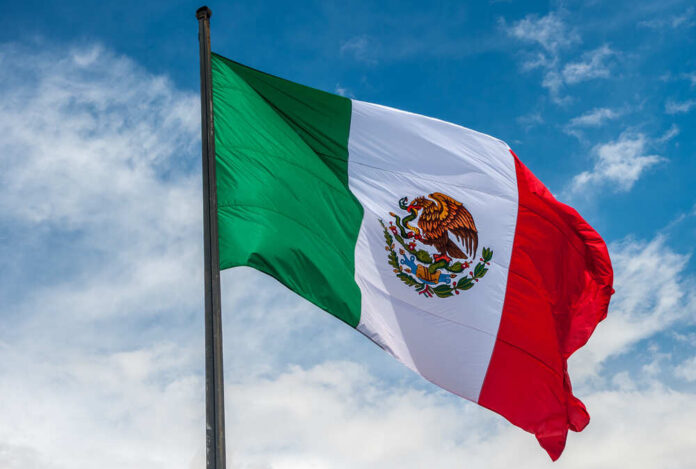
In an unsettling demonstration of the narco-terrorist cartel’s audacity, the infamous Cartel Jalisco New Generation (CJNG) recently delivered Mother’s Day gifts to women in several impoverished neighborhoods in Mexico. The deliveries, a brazen public relations campaign, occurred in seven Michoacan towns, including La Piedad, Churintzio, Zináparo, Numarán, Yurécuaro, Tanhuato, and Zacapu.
Gunmen from CJNG, one of Mexico’s most violent criminal organizations, moved about with complete impunity, openly carrying their rifles while distributing presents. Yet, disturbingly, law enforcement and military forces did not respond to the scene, underscoring the troubling degree of freedom with which these cartels operate in Mexico.
Narco-Terrorist Cartel Delivers Mother’s Day Presents in Mexico https://t.co/tbZHWtkMfp
— BreitbartTexas (@BreitbartTexas) May 14, 2023
It was chillingly evident from cell phone footage, shared on social media by the gunmen, that the women received the gifts gratefully, even chanting “Mencho” — the nickname of CJNG’s leader Nemesio “El Mencho” Oseguera. The women’s appreciation serves as a sobering testament to these terror groups’ stranglehold on these impoverished communities.
The cartels’ manipulative “generosity” during special occasions like Mother’s Day, Christmas, and Children’s Day, is a calculated effort to win over public support. This is especially true in low-income communities, where the people have little choice but to accept the aid. The cartels’ stronghold over these regions means the people are, often indirectly, forced to protect the very criminals who terrorize them.
Such is the case with the notorious “El Mencho” whose cartel is known for its ruthless terror-style attacks. They routinely kill innocent victims in bars and restaurants to instill fear and maintain control in their turf wars with rival cartels. Their arsenal includes car bombs, IEDs, and drones to drop explosives on adversaries and police forces.
However, in a perverse twist of irony, the same cartel behind such horrific violence was recorded delivering gifts in a white van adorned with a canvas bearing the benefactor’s name and the criminal organization’s initials. This grotesque juxtaposition underscores the grim reality that these communities are forced to endure.
The drug dealers were able to distribute electrical appliances with ease, in broad daylight, with no apparent interference. The sight of children at the scene, accompanying their relatives, underscores the grim reality that these cartels are normalizing their presence among the most vulnerable members of society.
The paradox of cartels delivering gifts and hosting celebrations while simultaneously terrorizing these communities is a stark reminder of the dire circumstances in Mexico. Moreover, it raises serious questions about the government’s ability to protect its citizens and control these violent groups.














